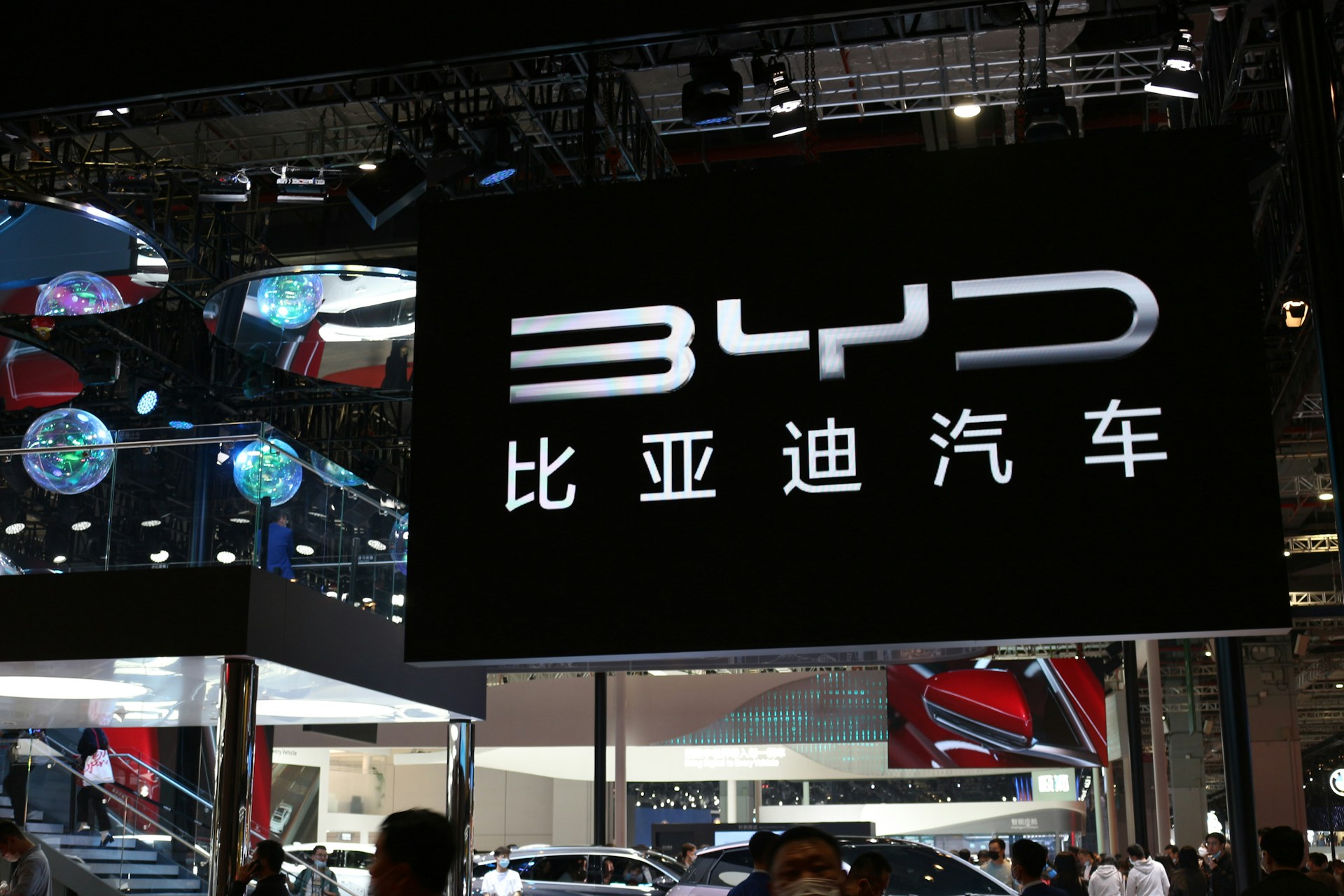Authorities in Brazil have uncovered alarming conditions at a construction site for a new electric vehicle factory being built for Chinese company BYD. A total of 163 Chinese workers were rescued from what prosecutors described as “slavery-like” conditions at the site in Camaçari, located in the Salvador metropolitan area. The workers had been employed by Jinjiang Construction Brazil, a contractor hired for the project by BYD.
The Labour Prosecutor’s Office reported that the workers had been subjected to severe exploitation. Their passports were confiscated upon arrival, and 60% of their wages were withheld by the contractor. In addition, workers who wished to leave the job were threatened with significant financial penalties, including the cost of their travel from China and back. Prosecutors also revealed troubling images of the workers’ living quarters, which lacked basic amenities. Dormitories were overcrowded with workers sleeping on beds without mattresses, and there were no personal storage spaces for their belongings.
BYD, one of the largest electric vehicle manufacturers globally, has responded swiftly by announcing it would terminate its contract with Jinjiang Construction Brazil. The company assured that it would house the affected workers in nearby hotels and ensure they would not suffer due to the immediate suspension of work at the site.
The conditions at the construction site were reportedly dire, with the sanitary situation especially critical. Prosecutors highlighted that there was only one toilet for every 31 workers, forcing them to wake up at 4 a.m. to wait in line for use. These conditions meet the definition of slavery-like practices under Brazilian law, which prohibits forced labor, degrading working conditions, and restrictions on workers’ freedom of movement.
BYD has been reevaluating the working conditions at the Camaçari site in recent weeks and had previously instructed contractors to make necessary adjustments. However, the company’s decision to sever ties with Jinjiang Construction Brazil signals a firm stance on addressing labor violations.
This incident raises broader concerns about labor practices in international supply chains, particularly in the rapidly growing electric vehicle industry, where the demand for construction and manufacturing is booming. BYD’s commitment to resolving the issue and ensuring better working conditions at its facilities will be closely watched as the company works to restore its reputation and adhere to international labor standards.
The situation is under investigation by Brazilian authorities, and further measures to protect workers’ rights at the site are expected.



